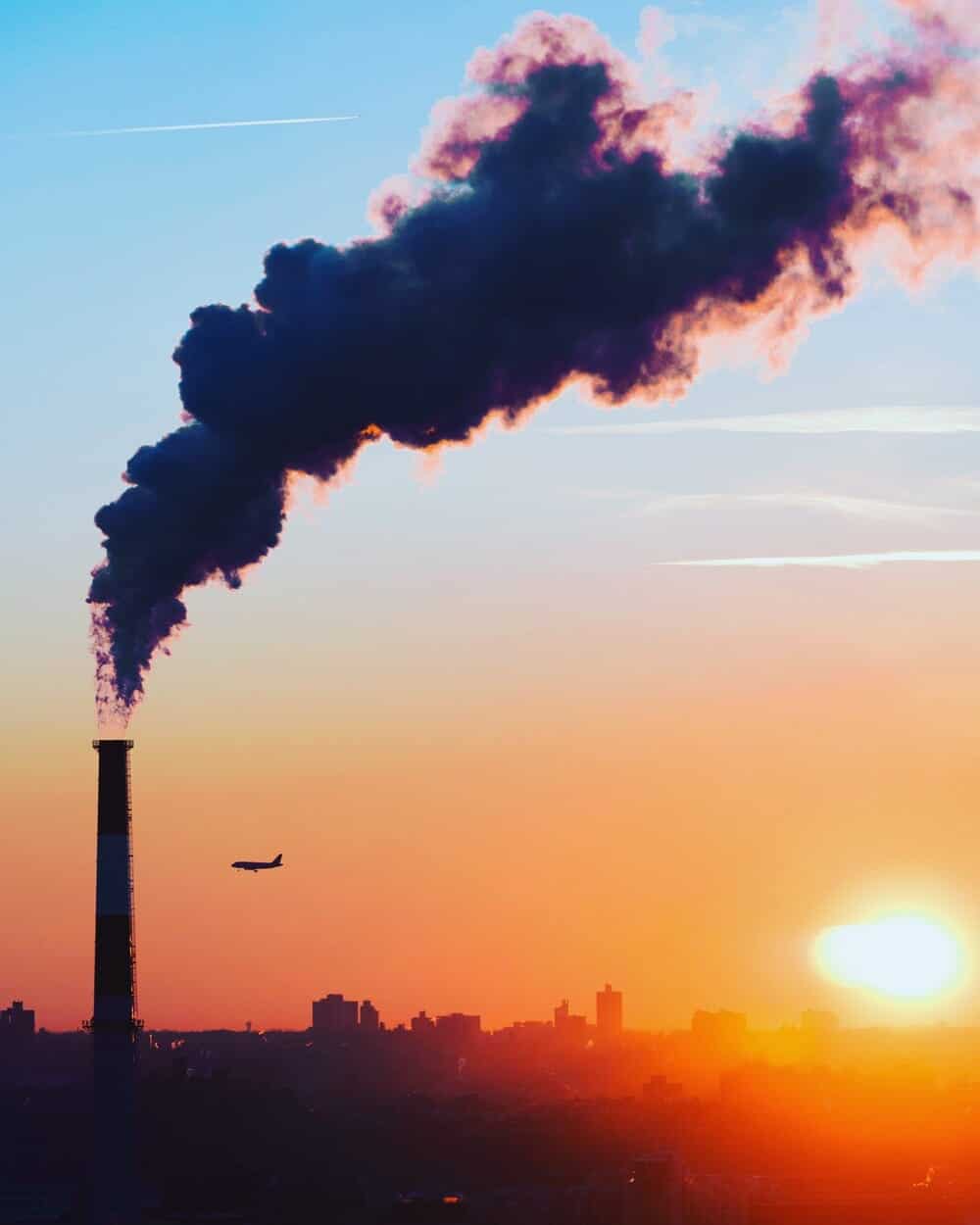Dubai, 15th July 2023: A new environmental study has revealed some troubling trends in air pollution across the globe, with several Arab nations featuring prominently in the list of the world’s most polluted countries.
Lebanon ranked third on the list, the highest among Arab countries, in the latest report by the World of Statistics. The poor ranking is a concerning revelation, reflecting the ongoing struggles with waste management, inadequate public services, and energy crisis that has affected the small Mediterranean country.
Egypt, the most populous Arab country, wasn’t far behind, ranking 11th globally. The nation continues to face significant pollution challenges, primarily due to its dense population, industrial growth, and a heavy reliance on fossil fuels.
Iran, straddling the line between the Middle East and South Asia, ranked 23rd on the list. This is a reflection of its industrial development and reliance on non-renewable resources, which has resulted in significant environmental degradation over the years.
Further down the list, but still of concern, was Saudi Arabia, which ranked 51st. The Kingdom has taken significant strides towards reducing its environmental footprint, through ambitious projects as part of Vision 2030, but these latest figures indicate that there is still much work to be done.
Surprisingly, the United Arab Emirates, a nation known for its glittering skyscrapers and high levels of luxury, landed the 78th spot. Despite significant efforts towards sustainability and clean energy, rapid urbanization and industrial growth in the UAE have contributed to its place on this list.
These rankings serve as a sobering reminder of the environmental challenges faced by Arab countries. Addressing air pollution is a complex task, requiring a concerted effort towards improving waste management, investing in renewable energy, implementing strict environmental regulations, and raising public awareness about the importance of environmental conservation.
Many Arab countries have already taken significant steps towards tackling environmental challenges, such as Saudi Arabia’s Green Initiative and the UAE’s ambitious plans for sustainability. However, these rankings suggest that there is an urgent need to accelerate these efforts.
As the world continues to grapple with the effects of climate change, the need for comprehensive environmental reform has never been more critical. It is hoped that these findings will serve as a catalyst for more robust action and policy changes in the region’s fight against pollution.








